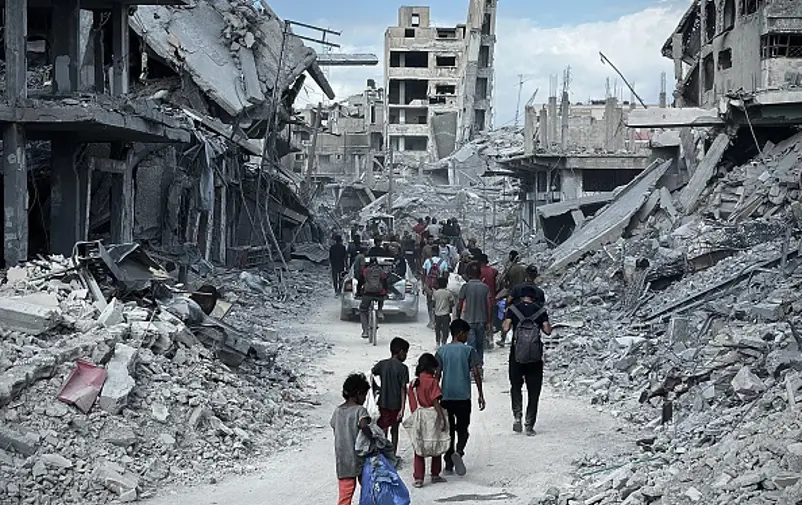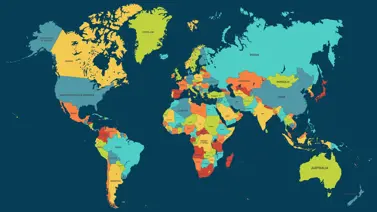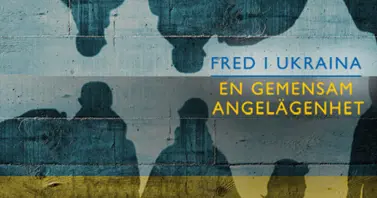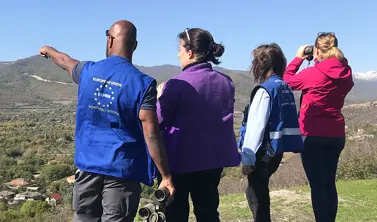Women and Rebel to Party Transitions
This research brief illustrates how ideational, or¬ganizational and individual-level dynamics affect women’s experiences during rebel-to-party transi¬tions. The framework introduced in this article can guide policymakers seeking to promote women’s inclusion and interests. There are no ‘one size fits all’ policies when it comes to advancing women’s issues and rights; this framework is intended to help guide policymakers effectively design policies, rather than to prescribe specific decisions or pro¬grams.
This research brief series has been initiated through a collaboration between the Politics After War (PAW) research network, the Folke Bernadotte Academy (FBA), and the United Nations Depart¬ment of Peace Operations, Office of Rule of Law and Security Institutions: DDR Section (UNDPO/OROLSI/DDR) with the aim to provide research perspectives and scientific evidence on the inter¬section of DDR and politics with a particular em¬phasis on the transformative dynamics of armed groups and combatants.
Other publications in the series
The Political Dynamics of DDR Key Research Findings
Political Integration and Post-war Elections
Political Engagement by Former Armed Groups Outside Party Politics
Peace Agreements and the Political Integration of Armed Groups
DDR and Post-War Politics: Lessons from Northern Ireland
Rebel Party Organization and Durable Peace after Civil Conflict
Ideological Moderation in Armed Groups Turned Political Parties
Former Armed Groups in power and Post-war Youth Policies









 >
> >
>

